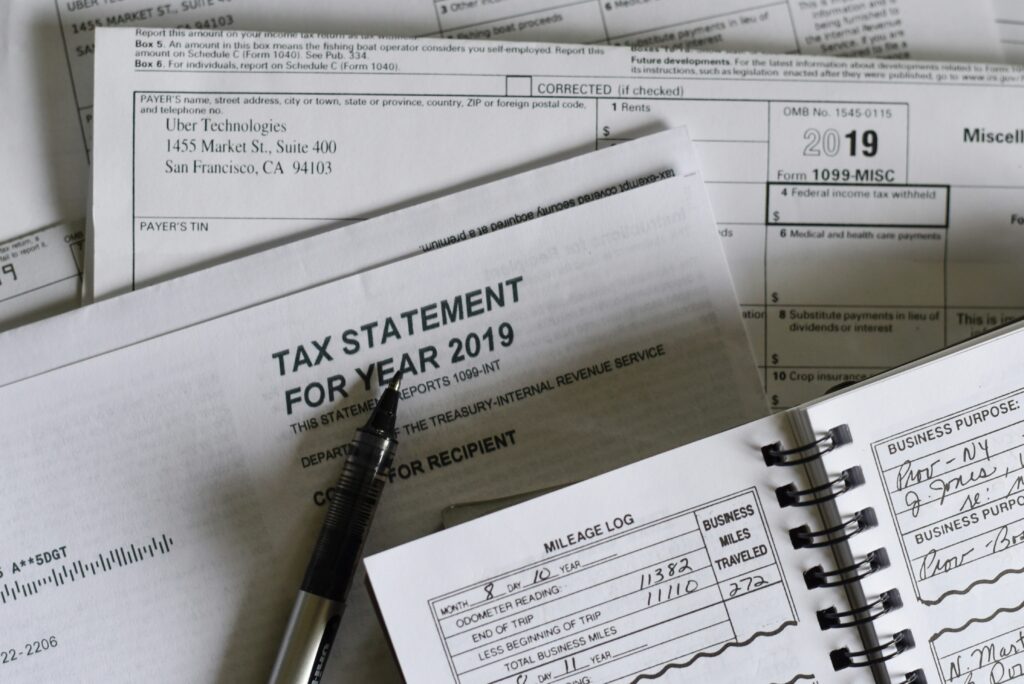Feb 19th, 2019
Arrest of businessman illustrates the severe penalties of tax evasion
Arrest of businessman illustrates the severe penalties of tax evasion
A businessman in Oregon was recently arrested for engaging in illegal tactics to hide money from the IRS and avoid paying his taxes.
Recently, an Oregon businessman was ordered to spend more than a year in prison and pay the Internal Revenue Service approximately $500,000 in penalties, interest and federal employment taxes after pleading guilty to tax evasion, states KOIN 6. In addition to these charges, the man was also forced to close his business. Once the investigation started, which began after the man manipulated the bidding process for a condominium project worth millions, the man transferred all of his drywall business’ income, assets, receivables and contracts to a different company in the name of his sister.
During the course of the investigation, it was discovered that the man would engage in extensive transactions in order to hide funds from the IRS, even after devising a plan with this government organization to pay past due payroll taxes. For example, the man would take advantage of undocumented workers he hired by forcing them to apply for and collect unemployment benefits, while still making them work full-time, and only paying them a small portion of what they were actually owed.
Penalties for general fraud
Tax evasion is a serious crime that is treated as a federal offense. According to the IRS, any person who attempts to avoid paying their taxes or engages in fraudulent activities to do so is guilty of a felony. Those who commit this crime are required to spend up to five years in prison and pay a large fine. The IRS states that for individuals, this fine can total up to $250,000, and for businesses, this fine can amount up to $500,000.
Negligence is still a crime
Business owners should keep in mind that even if they do not willingly evade paying taxes, they may still be guilty of a crime if they are negligent regarding their tax situation. The IRS defines negligence as a failure to:
- Exercise diligence and care when preparing their tax returns.
- Make a reasonable effort to comply with the laws set forth by the IRS.
- Keep accurate financial records and books.
Businesses that fail to keep adequate books and records of their financial activities or that do not attempt to comply with federal tax guidelines may be required to pay a penalty. The IRS states that these penalties can total 20 percent of the amount of understated tax.
Business owners who face charges for tax evasion risk their company’s financial well-being as well as its reputation. If you are currently under investigation for fraudulent tax activities, consult with an attorney in your area who can immediately start developing a strong defense on your behalf.
Call Today For A Free Consultation: 503-747-7198
















